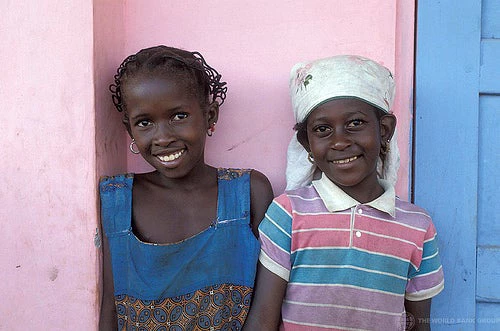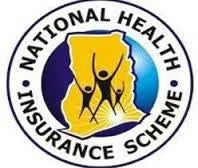
As a newcomer in my new post in Accra, I am starting to learn about Ghana’s achievements and challenges. I have been impressed with some innovative policies and measures adopted to address difficult development challenges in the social sectors.
This week the country is celebrating the 10 th anniversary of the National Health Insurance Scheme (NHIS). This scheme is mandatory for all residents and largely funded from general tax revenues and a specifically levied ad valorem tax* on goods and services. The enrolled beneficiaries are entitled to receive a broad package of services covering 95% of the disease burden. While many challenges remain for achieving the universal health coverage goal, the institutional building blocks are firmly in place to continue to improve and innovate for providing financial risk protection to the Ghanaian people against the impoverishment impact of out-of-pocket health care expenditures.
 The celebration is justified as a lot has been accomplished in a short period of time. Since its establishment in September 2003 following a series of pilots in different districts, many policy and institutional measures have been launched to support the growth and expansion of coverage from a membership base of 1.3 million in 2005 to 9 million in 2012 (about 35% of the total population).
The celebration is justified as a lot has been accomplished in a short period of time. Since its establishment in September 2003 following a series of pilots in different districts, many policy and institutional measures have been launched to support the growth and expansion of coverage from a membership base of 1.3 million in 2005 to 9 million in 2012 (about 35% of the total population).
Some of these measures merit highlighting, such as the development of an ICT platform in 2007, the introduction of the Free Maternal Program in 2008, the development of a formal accreditation system for service providers in 2009, the institutionalization of a clinical audit system to improve patient care and outcomes, the establishment of the Claims Processing Center in 2010, and the creation of a Call Center in 2012 to facilitate the interaction with the members of the scheme.
And currently, the National Health Insurance Authority, which runs the scheme, is rolling out an instant ID card regime with biometric registration that includes details such as fingerprints and pictures for efficient authentication of members at health facilities to prevent fraud and abuse. Also, arrangements are underway to undertake electronic claims processing to pay services providers on time, introduce uniform prescription forms, and review capitation as a provider payment mechanism.
As the scheme evolves into the future, a widely acknowledged critical challenge is how to accelerate the enrollment of the rest of the population, particularly the poor and vulnerable, so that the universal health coverage ideals are realized, but in a manner that ensures the financial sustainability of the scheme. It is expected that after the successful completion of the pilot project to register new beneficiaries onto the NHIS and to process membership renewals biometrically that began in mid-2013 in two districts, Ayawaso and La, in the Greater Accra region, a nation-wide scale-up of this exercise will follow. While this measure will help increase population coverage, the long term sustainability of the scheme would perhaps require a broader discussion on the content of the benefits package, measures to promote the rational use of drugs, and possible complementary funding sources. With the expansion of coverage, a concerted effort to improve the supply of quality health services across the country would also be required—from infrastructure and technology improvements to medical care delivery in accordance with evidence-based norms and guidelines that promote integrated health service arrangements along a care continuum. Equally important to the registration of new beneficiaries, particularly the poor, would be the need to inform and educate the public about the benefits of the scheme (e.g., the free maternal care services) so that they can be motivated to register and be empowered with an informed “voice” to demand good services from providers.
While a good share of problems and challenges exist, Ghana’s experience has a lot to offer to other countries still struggling to find a path towards universal health coverage. So, a warm “happy birthday” to the Ghana NHIS is amply deserved.
Follow the World Bank health team on Twitter: @worldbankhealth
*Any tax imposed on the basis of the monetary value of the taxed item


Join the Conversation